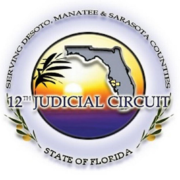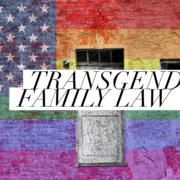Collaborative Divorce: What Does A Facilitator Do?
In a Collaborative Divorce, the Facilitator plays a crucial role in keeping everyone on task, aiding communication, managing emotions between you and your spouse, and, where applicable, tailoring a parenting plan for your children. A Facilitator is a professional who is licensed under Chapter 490 or 491, Florida Statutes. Here are some specific tasks they might undertake:
1. Project Management:
Facilitators are the project managers of the Collaborative Process. Without a clear direction, divorce negotiations can get off track real fast. The Facilitator keeps you and your lawyers focused on your interests rather than positions, works so that we are making the most efficient use of your time and money during team meetings, and checks in to see whether everyone has completed the tasks assigned to them.
2. Emotional Support:
Facilitators provide emotional support to both you and your spouse throughout the Collaborative Process. Divorce can be a highly stressful and emotional experience, even under the best of circumstances, and having a trained professional to talk to can be invaluable.
3. Communication Facilitation:
They help facilitate communication between the you and your spouse, ensuring that discussions remain productive and respectful. This can include helping each each of you express your needs and concerns effectively and ensuring that you both feel heard and understood.










